Migrants Alter Names to Pass Aussie ID Checks
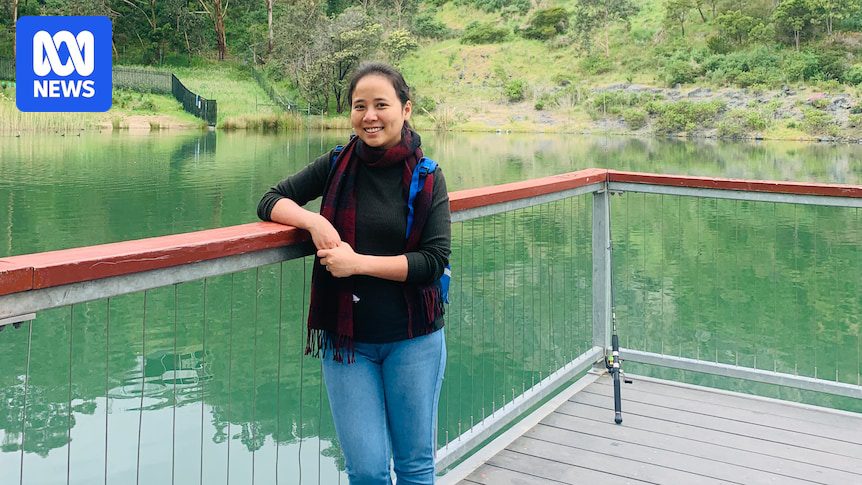
Understanding Naming Conventions: A Journey for Migrants in Australia
When Trang Le arrived in Australia from Vietnam, she faced a common yet frustrating challenge: confusion over her name. In Vietnam, her full name is Lê Thị Hiền Trang. However, her name was incorrectly listed as “Thị” on her Australian documents, which created a ripple effect in her daily life and interactions.
The Name Dilemma
Under Vietnamese customs, names are structured differently. Generally, a surname is followed by a gender identifier and then the given name. For females, “Thị” is often the gender marker. As Trang shared, “In the Vietnamese community, we joke that every female Vietnamese Australian has the same name, Thị.”
To simplify matters, she considered officially adopting “Thị” as her given name when applying for citizenship. Yet this was more than just a personal choice — it became a bureaucratic headache.
Impact on Daily Life
The discrepancies between her Vietnamese passport and Australian identity meant missed out payments, difficulty registering for insurance, and further delays at airports when checking in for flights. Initially, when she booked a flight back to Vietnam under her preferred name “Trang,” it raised questions. To avoid confusion, she later booked herself as “Thị,” which only led to more questioning in Vietnam.
“I feel frustrated and sometimes stressed,” Trang explained. The emotional strain was compounded by the additional paperwork she had to gather to prove her identity across two different countries.
Fortunately, when it came time for her citizenship ceremony, an official allowed her to register as Trang, offering a glimmer of hope for smoother future travels and paperwork.
The Struggles of Mononyms
For many migrants from countries like Myanmar and India, the challenges can escalate further. In some cultures, having a single name — known as a mononym — is common. Individuals from ethnic groups like the Karen, Kareni, and Chin often encounter significant hurdles in services like banking or government transactions because their names don’t fit neatly into the first and last name boxes that Australian systems expect.
Joseph Nunweek, a legal director at Westjustice community legal centre, noted that these inconsistencies lead to administrative barriers. “Anywhere where identity is tested or questioned can create these issues,” he pointed out, particularly emphasising the frustrations around financial concessions.
Changing the Narrative
As experts work to address these issues, like Westjustice’s “My Name” project that assisted over 450 individuals, the focus has shifted towards ensuring individuals embrace their names and cultures. Nunweek and his colleague, Heather Neilson, advocate that systems — not people — should adapt to accommodate diverse naming structures.
“A lot of people are missing out on concessions, not to mention feeling insecure about how their naming conventions are received,” Neilson said.
Raising Awareness about Naming Structures
Educational initiatives are gaining traction, helping businesses and institutions understand various naming conventions. Fiona Swee-Lin Price, who has worked with universities and police departments, believes that misinterpretations can lead to significant issues, including wrongful arrests.
She advocates for clear “multicultural name decoders” to better understand diverse naming conventions and reduce bureaucratic friction. “Most databases don’t cater to non-Anglo naming structures,” she pointed out.
The Way Forward
Recognising the importance of accurate naming is crucial — not just for personal identity, but also for preventing unnecessary complications in everyday life. The Australian government and service organisations are starting to implement training on correctly documenting names, but there’s still a long way to go.
As Neilson suggests, changing these rigid administrative systems requires significant effort and resources, but it’s a necessary step to support all individuals, regardless of their cultural background.
Wrapping Up
Migrating to a new country can be quite the journey, filled with joy but also hurdles related to cultural differences. Understanding how naming conventions work is a vital part of navigating these experiences for migrants like Trang. Open conversations about these issues help pave the way for a more inclusive society in Australia and New Zealand.
What do you think?
Have a question about this topic or your own plans to move to Australia or New Zealand? Scroll down and leave a comment. We’d love to hear from you.
Thinking about moving to Australia?
Join our free and supportive community at Oz Visa Forum.
Post in our forums to get advice and support from people who’ve already made the move.
Not sure where to start? Click here to get started


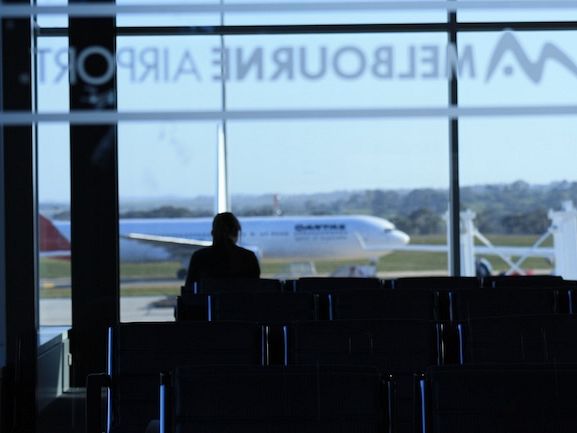
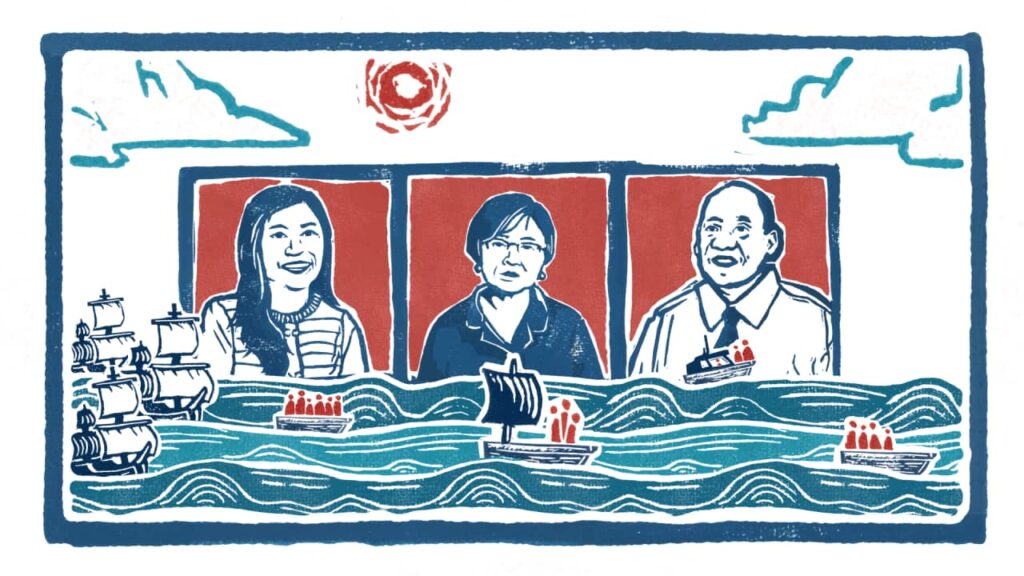
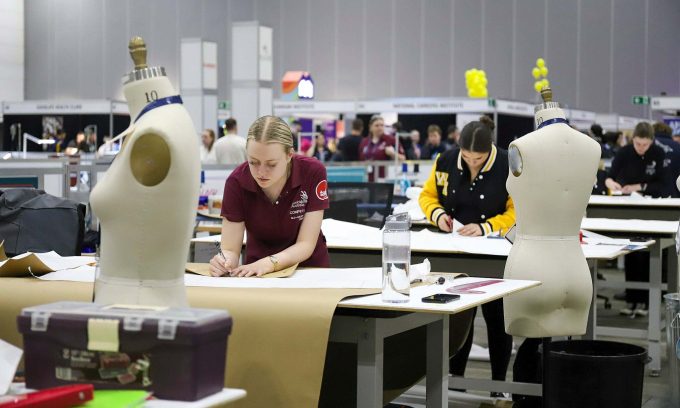
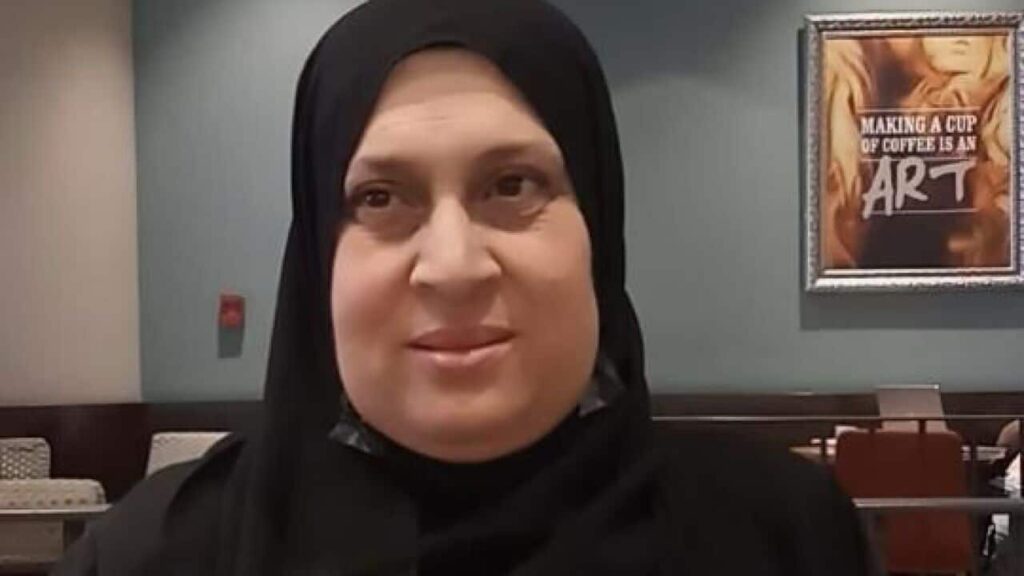
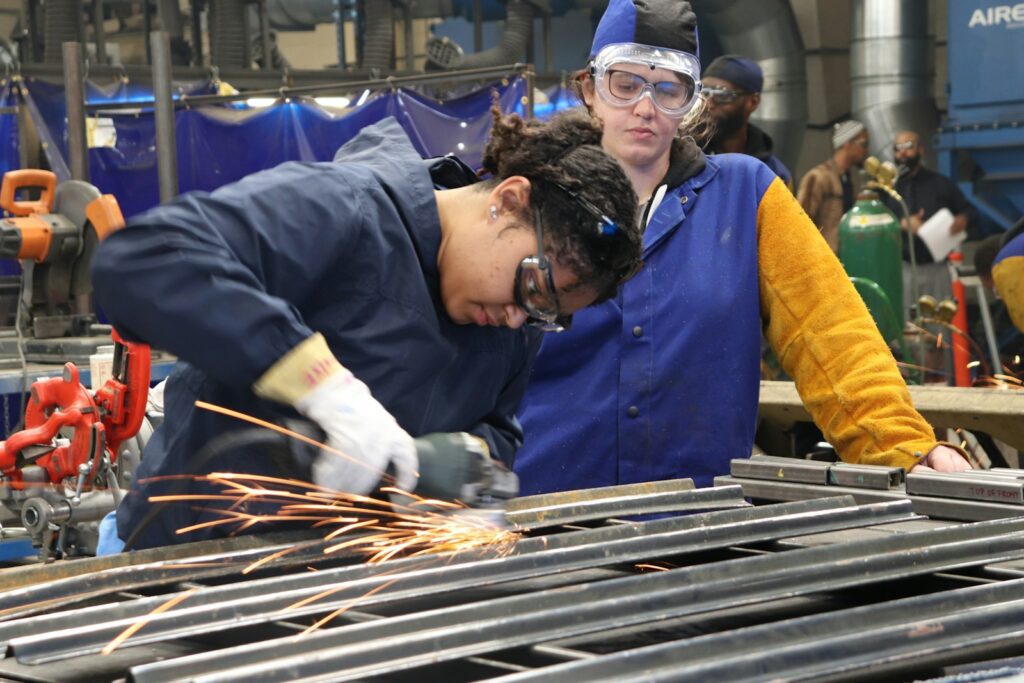
Responses